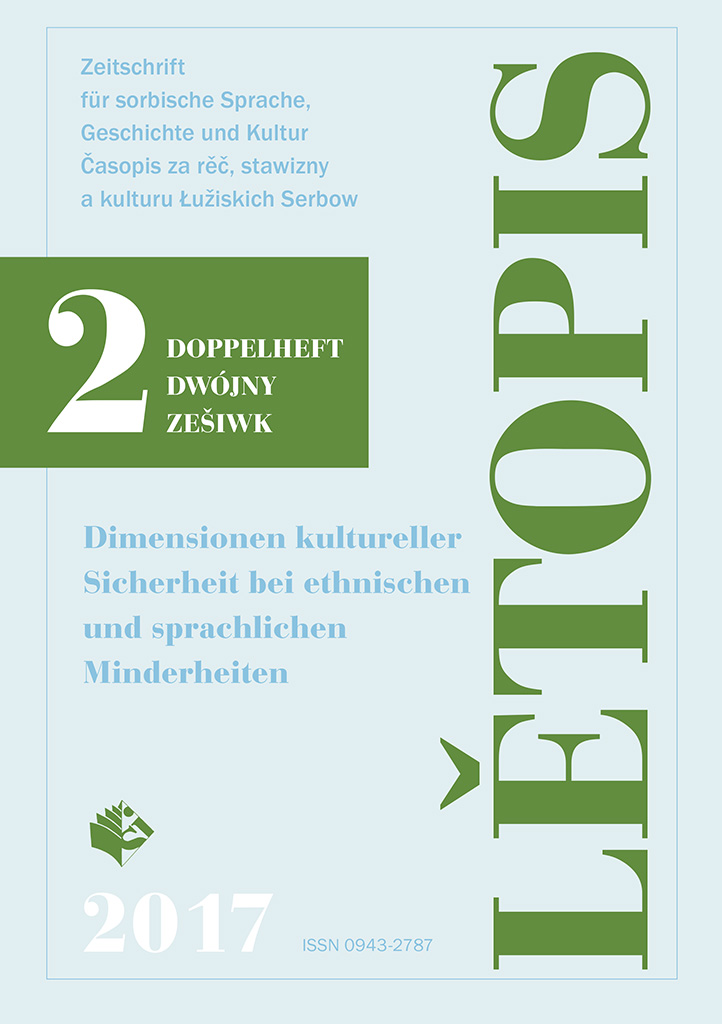Erinnerung, Großgruppenidentität und politische Partizipation
Memory, Group Identity and Political Participation. The Slovenes of Carinthia between Cultural Insecurity and Security
Author(s): Daniel WuttiSubject(s): Social Sciences, Conference Report
Published by: Domowina-Verlag GmbH / Ludowe nakładnistwo Domowina
Keywords: Erinnerung; Großgruppenidentität; Partizipation; Kärtner Slowenen; kulturell; Unsicherheit; Sicherheit; memory; group identity; praticipation; Slovenes of Carinthia; cultural; insecurity; security
Summary/Abstract: The indigenous Slovenian minority in Carinthia/Koroška, a federal state in the south of Austria, suffered decades of cultural insecurity, including discrimination, assimilation and political exclusion. The Carinthian Slovenes responded by continuing to foster their cultural heritage within the confines of their ethnic group and at the same time closed themselves off from the world outside their ethnic group (Volkan). In the meantime, more than 70 years after the end of National Socialism and more than 40 years after the violent anti-Slovenian events, such as the attacks on bilingual place names (“Orts- tafelsturm“), the ethnic minority is confronted with the challenge of achieving a new, given the right circumstances, more inclusive form of cultural security. It seems that young people will have to play an important role in this process. This text presents four forms of cultural insecurity for the Carinthian Slovenes. The first chapter goes back into the past, specifically to the emergence of different „communities of shared memory“ in Carinthia. Following this in the next chapter, psychotraumatological attempts to explain the complex relationship, even today, are presented, between the „minority“ and the „dominant social group“. A (sobering) analysis of the current possibilities for Carin- thian Slovenes to participate politically in Austria follows in the third chapter. The text concludes with reflections on the dynamic identity of young, present-day members of the minority in the fourth chapter.
- Issue Year: 2017
- Issue No: 2
- Page Range: 238-250
- Page Count: 13
- Language: German
- Content File-PDF

